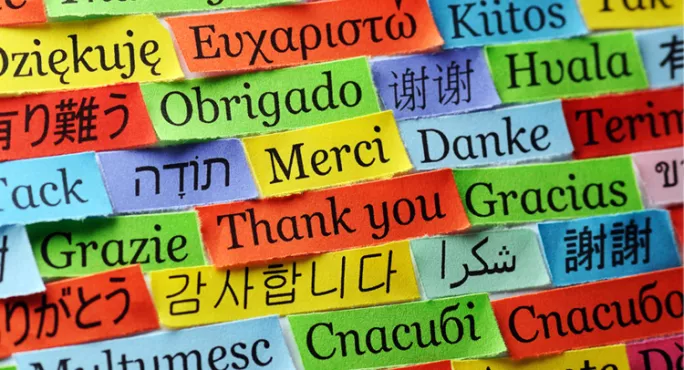Figures out today show modern foreign language (MFL) entries at GCSE have risen by 4 per cent compared with last year - the first significant increase in recent years.
The statistics from exams regulator Ofqual show French and Spanish entries increased by about 4 per cent and 10 per cent respectively, while German entries fell slightly, by 2.5 per cent.
And at A level, entries in French, Spanish and German “remained stable”, rising less than 1 per cent, after entries in 2018 were down collectively by 7.9 per cent last year.
Exclusive: The schools reversing the languages decline
Quick read: Applications to train as language teachers up by a fifth
Stats: Number of A-level Mandarin entries overtakes German
British Council ambassador and MFL consultant Bernadette Clinton said the increase in Spanish entries “wasn’t surprising”, as the popularity of the subject had recently surged.
But she said: “With French, the increase is very interesting. It might be that teachers are getting used to the new GCSE, and that might have been transmitted to pupils.”
At the end of last year, the Department for Education admitted that the government was “struggling hugely” with the decline in GCSE languages, while experts have cited budget cuts, a lack of quality teachers, and attitudes surrounding Brexit among the factors contributing to the decline.
Figures released last year by the British Council showed that, nationally, the proportion of GCSE candidates taking at least one language had dropped to 46 per cent (down from 76 per cent in 2002).
Last year, official figures showed GCSE entries in MFL had increased, but only by 0.4 per cent on the previous year, although this was the first rise since 2013.
Today’s Ofqual report says: “Modern foreign language entries have increased overall by over 4 per cent (from 288,305 to 301,055), after stabilising last year; this is the first significant increase in recent years.”
A-level entries in MFL (French, German, Spanish) increased collectively by 18,450 to 18,580. German entries were up from 2,890 to 2,905, while Spanish rose from 7,705 to 7,995 and French fell slightly, from 7,945 to 7,680.
Jane Harvey, president of the Association for Language Learning, said the increase in GCSE entries was linked to the DfE’s emphasis on the EBac, and welcomed exam regulator Ofqual’s ongoing enquiry into alleged overly-tough marking of languages at GCSE.
But she said: “It’s a bit risky to say on one set of figures that we have turned a corner.”





